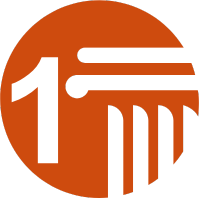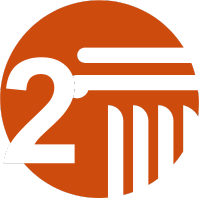Strategic Plan
The future of technical education starts here. Launching in 2025, Hennepin Tech's five-year strategic plan is built around four key pillars designed to elevate innovation, equity, and impact. Rooted in our mission to provide excellence in career and technical education, this plan positions Hennepin Tech as a leader in empowering students and strengthening the communities we serve.
Our Mission, Vision, & Values
At the heart of our strategic direction are the mission, vision, and values that define who we are where we are headed. These guiding principles reflect our unwavering commitment to student success, innovation, and equity—and to creating an inclusive environment where every individual feels seen, supported, and empowered to thrive.
Our Mission
To provide excellence in career and technical education for employment and advancement in an ever-changing global environment.
Our Vision
To be the leader in career and technical education and assist every student in achieving their goals.
Our Values
Students, Innovation, Success, Community
Our Commitment to Diversity, Equity & Inclusion
Hennepin Technical College is dedicated to providing an environment where our community of students and employees can thrive. Hennepin Tech is strongest when each person's unique life experience, identity and perspective is recognized and valued.
Opening Doors: Access to Success Plan Summary
July 1, 2025 - June 30, 2030
The strategic plan is more than a roadmap—it is a commitment to progress, purpose, and people. Grounded in our core values, it reflects a shared vision to lead, adapt, and thrive in a changing world of technical education.

Student Success
To increase student success (learning, retention, completion) through best practices in and out of the classroom

Managed Growth
To establish Hennepin Tech as the leading provider of innovative and relevant technical education in the communities we serve

Workplace Culture
To create an inclusive, collaborative, and productive workplace that values the contribution of all employees

Organizational Effectiveness
To ensure the public funds invested in Hennepin Tech are administered wisely and are aligned to the institution's mission, vision, and values